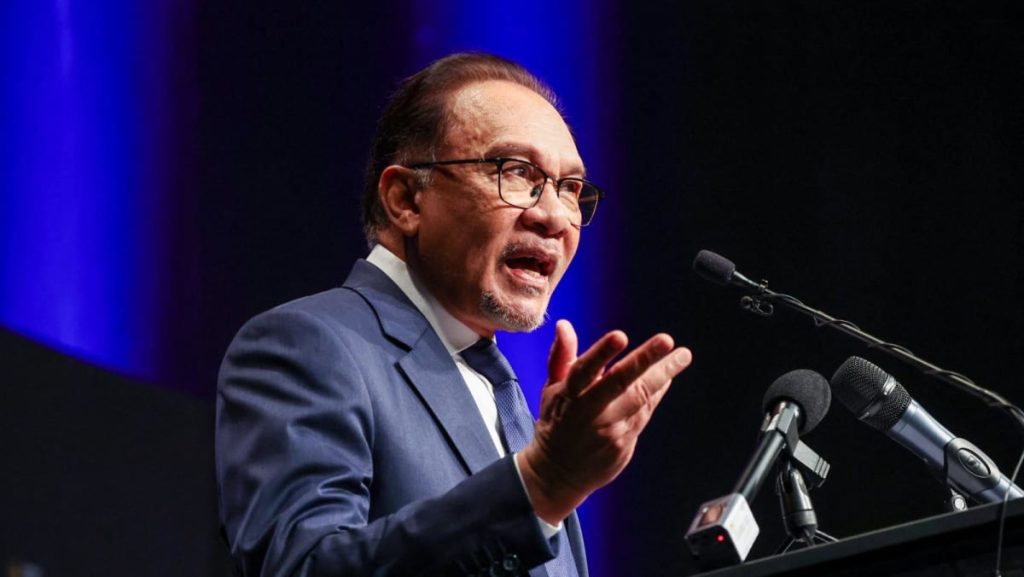Anwar Ibrahim’s statement comes in response to the controversy surrounding former Prime Minister Najib Razak’s request for house arrest. Deputy Prime Minister Ahmad Zahid Hamidi had recently filed an affidavit in support of Najib’s bid for house arrest, leading to speculation about political interference in the decision-making process. Anwar Ibrahim, however, emphasized that the decision is ultimately up to the Pardons Board and the king, highlighting the importance of respecting the rule of law and due process in such matters.
The issue of Najib Razak’s potential house arrest has sparked debate within Malaysia, with some questioning whether political considerations are influencing the decision-making process. Anwar Ibrahim’s insistence that the decision lies with the Pardons Board and the king suggests a commitment to upholding the principles of governance and independence of the judiciary. By emphasizing the importance of respecting the autonomy of these institutions, Anwar Ibrahim is sending a clear message about the need to prioritize the rule of law over political considerations.
The support from Deputy Prime Minister Ahmad Zahid Hamidi for Najib Razak’s bid for house arrest has raised eyebrows, leading to concerns about potential political interference in the judicial process. Anwar Ibrahim’s statement appears to be a response to these concerns, as he seeks to clarify that the decision ultimately rests with the Pardons Board and the king. By reaffirming the independence and authority of these institutions, Anwar Ibrahim is signaling a commitment to upholding the rule of law and ensuring that legal decisions are made based on merit and evidence, rather than political considerations.
The controversy surrounding Najib Razak’s potential house arrest reflects the broader political tensions within Malaysia, as various factions seek to influence key decisions and outcomes. Anwar Ibrahim’s intervention in this debate underscores his commitment to upholding the principles of justice and integrity, even in the face of political pressure or interference. By asserting the authority of the Pardons Board and the king in this matter, Anwar Ibrahim is seeking to ensure that legal decisions are made impartially and in accordance with established procedures, without succumbing to external pressures or influences.
The implications of the debate over Najib Razak’s house arrest extend beyond the individual case, as they raise broader questions about the rule of law and independence of the judiciary in Malaysia. Anwar Ibrahim’s intervention in this issue serves as a reminder of the need to uphold the integrity and autonomy of legal institutions, even in the face of political controversies or power struggles. By emphasizing the importance of respecting due process and the authority of the Pardons Board and the king, Anwar Ibrahim is sending a clear message about the importance of upholding the principles of justice and fairness in governance.
Overall, Anwar Ibrahim’s statement on the controversy surrounding Najib Razak’s bid for house arrest reflects his commitment to upholding the rule of law and ensuring that legal decisions are made independently and impartially. By emphasizing the authority of the Pardons Board and the king in this matter, Anwar Ibrahim is seeking to reassure the public that legal processes will be followed with integrity and transparency, regardless of political pressures or considerations. The debate over Najib Razak’s potential house arrest serves as a reminder of the importance of upholding the principles of justice and fairness in governance, and Anwar Ibrahim’s intervention highlights the need to prioritize the rule of law in all legal matters.















